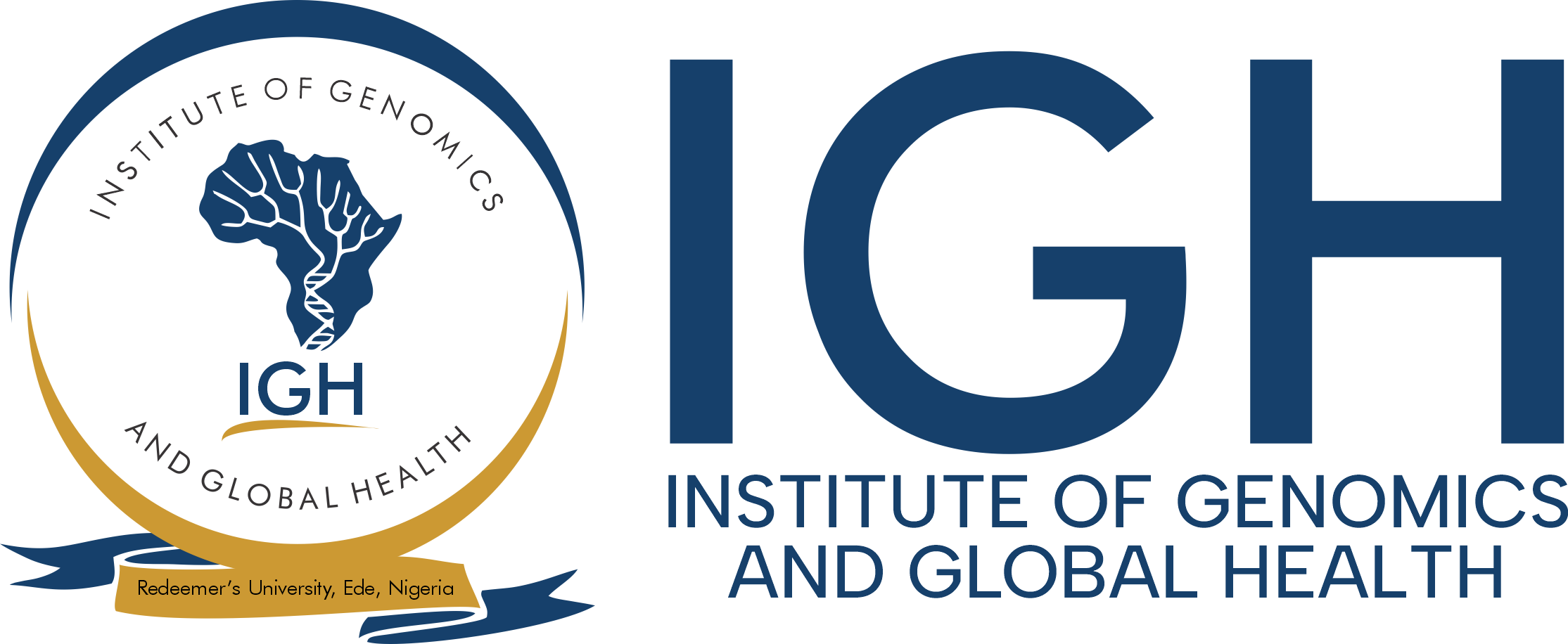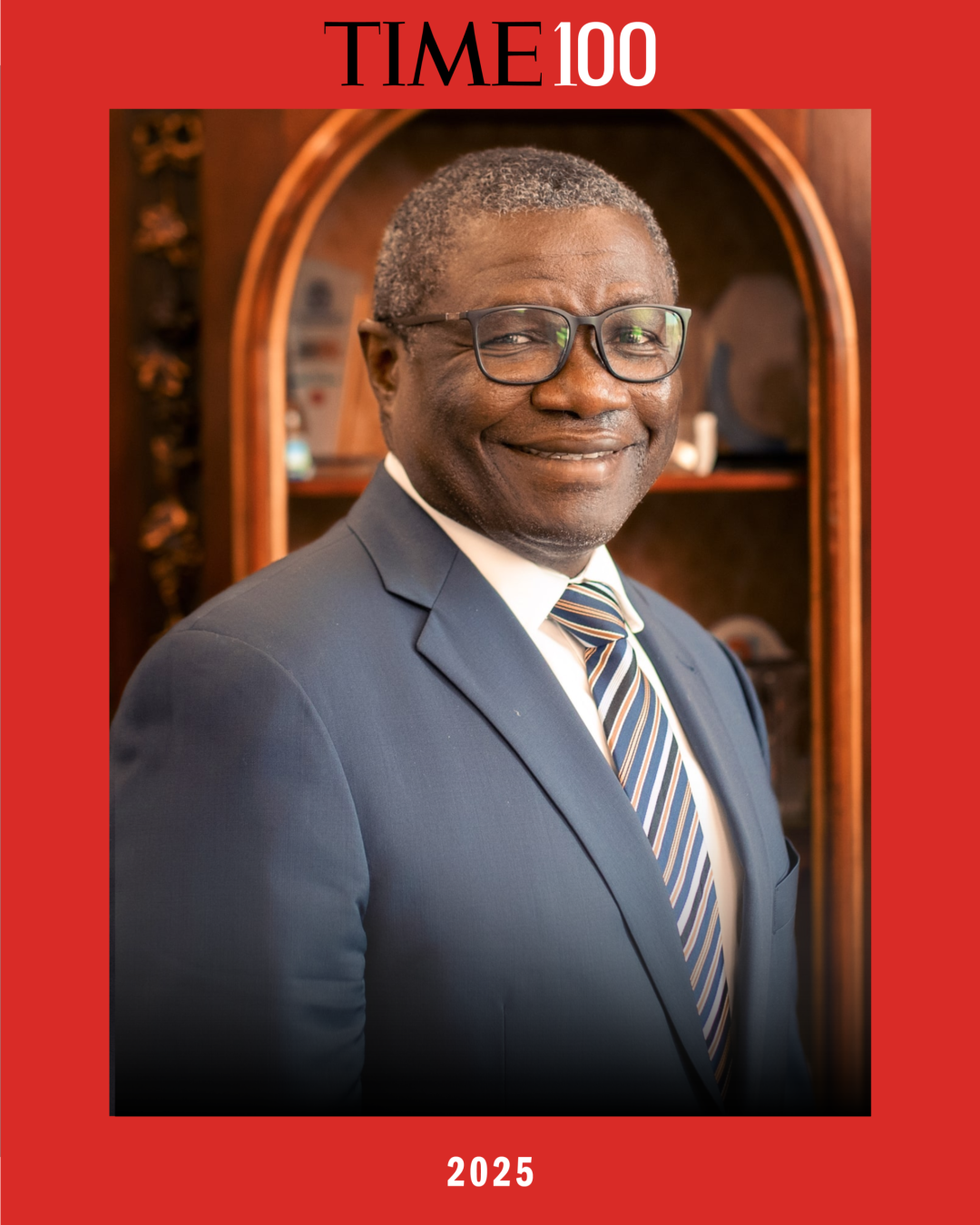April 2025 — Ede, Nigeria
Professor Christian Happi, Director of the Institute of Genomics and Global Health (IGH) has been named on the 2025 TIME100 list, TIME magazine’s annual ranking of the world’s most influential people. This recognition places Prof Happi alongside global leaders, scientists, artists, and changemakers who are shaping the future of the world.
Prof Happi has led pioneering work in infectious disease genomics innovations for real-time outbreak response in Africa for more than a decade. In 2014, he confirmed the first case of Ebola in Nigeria and worked closely with Nigerian health authorities to successfully contain the outbreak. During the COVID-19 pandemic, he used next-generation sequencing technology to perform the first sequence of the SARS-CoV-2 virus in Africa within 48 hours of receiving the sample. His work has saved lives, informed global public health strategies, and contributed to the development of diagnostics, therapeutics, and vaccines.
As the founding Director of IGH – the Institute of Genomics and Global Health (formerly known as ACEGID), Prof Happi has built an Institute that is redefining the role of genomics on the continent. The Institute supports cutting-edge research, trains African scientists in genomics and bioinformatics, and provides critical support to national and regional public health systems.
For Prof Happi, the goal has always been to equip African scientists with the tools and opportunities they need to contribute meaningfully to global health. This TIME100 recognition is not just a personal milestone; it is a moment of pride for IGH, Redeemer’s University, Ede, Nigeria, and for academic and research institutions across the African continent. It shines a global spotlight on the vital role African scientists and institutions are playing in addressing some of the world’s most urgent health challenges. It also affirms the importance of investing in research capacity and scientific leadership within Africa.
“This is a shared achievement,” said Prof Happi. “It reflects the power of collaboration, the dedication of our team, and the strength of African science. Our work at IGH is about ensuring that African solutions are part of global conversations.”
IGH continues to lead in real-time pathogen genomics, One Health research, Human genomics and training the next generation of African researchers. With this global recognition, the Institute’s work, and the work of African scientists more broadly is set to gain even greater visibility and support.
For academic institutions across Africa, this moment signals a shift. It reinforces what many have long known: world-class research can be done here, led by African scientists, on African soil, with global impact.
To view the full 2025 TIME100 list, visit time.com/time100.


